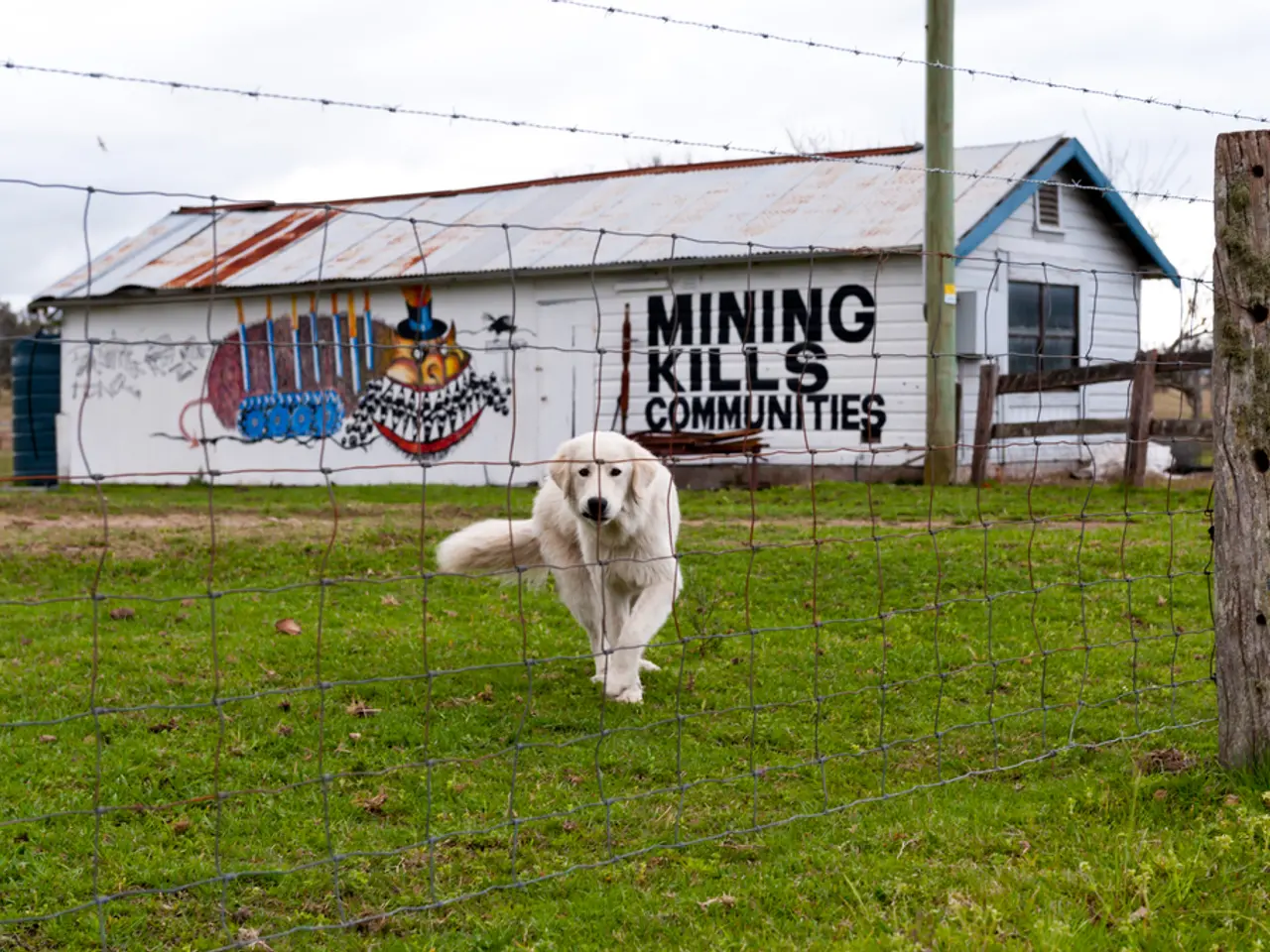Increasing Number of Millennials Purchasing Homes for Canine Companions
In the United States, millennials, defined as Americans aged 18 to 39, make up the largest generation in history. This demographic is making a significant impact not just in society, but also in the housing market, particularly when it comes to pet ownership.
A study conducted by Mintel in late 2016 found that seven in ten male millennials and three in five female millennials now own dogs. This trend is further supported by a survey released in July 2017 by Harris Poll and SunTrust Mortgage, which revealed that 33% of millennials who purchased their first home did so for their pets, particularly dogs.
Shannon Quinn Lewis, a dog owner with 10 dogs and a foster parent for Angels Among Us Pet Rescue, is a prime example of this trend. Lewis and her husband moved to a home in the northern suburbs of Atlanta specifically for their dogs, seeking a larger, more pet-friendly living space. The home they purchased boasted a large, half-acre (.2 hectare) yard, a significant increase from the 250-square-foot (23-square-meter) yard their dogs previously had.
This prioritization of pet-friendly homes extends beyond just the size of the yard. Millennials tend to prioritize spacious and pet-friendly homes that provide comfort and freedom not just for themselves but also for their pets. Key home features influenced by pet ownership include having rooms on the first floor, avoiding carpeting, and extra space for pets to roam indoors.
This shift in housing preferences is not limited to millennials alone. The Gen Z group, the demographic following millennials, also shows a strong inclination towards pet ownership. Together, these groups are driving much of the growth in the pet industry and emphasizing pet-related spending even over personal luxuries in some cases.
A real estate agent named Stacy Slocum sold a home to a 30-something client named Amber, who was searching specifically for her bull terriers. Amber's top priorities for the home were a large private, fenced backyard, easy accessibility to the yard, and no steps due to her dogs' size and age. Stacy Slocum found Amber a four-bedroom ranch house with a huge yard and privacy fence.
The importance of pet ownership in home buying decisions among millennials is undeniable. About 33% of millennials report that their dog impacted their choice of home, and nearly 50% of pet owners would reject their dream home if it did not accommodate their pet's needs. This cultural shift underlines their tendency to select housing that aligns with pet care priorities and lifestyle preferences.
In 2015, 31% of millennials owned homes according to Harvard's Joint Center for Housing Studies' Improving America's Housing 2017 study. With this trend continuing, it is clear that pet ownership, particularly dog ownership, significantly influences home buying decisions among millennials.
References: 1. Pets, Millennials, and the Rise of the Pet Industry 2. Millennial Home Buyers: Why They're Choosing Suburbs 3. Millennials are redefining homeownership for the better 4. Millennials' Pet Ownership Driving Housing Demand
- The rising trend of pet ownership among millennials is impacting the housing market, with many millennials prioritizing pet-friendly homes that offer spacious living areas and pet-friendly features.
- In support of this trend, a study by Mintel in 2016 found that seven in ten male millennials and three in five female millennials now own dogs, and a significant number of millennials who purchased their first home did so to accommodate their pets.
- The pet-focused housing preferences among millennials are not limited to this generation alone, as Gen Z also shows a strong inclination towards pet ownership and pet care, driving growth in the pet industry and emphasizing pet-related spending.




